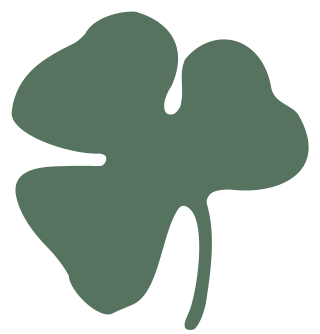The Democratic Party is a centre-right political party in Bulgaria led by Alexander Pramatarski. The party was a member of the European People's Party (EPP).

General elections were held in Sweden on 16 September 1979. Although the Swedish Social Democratic Party remained the largest party, winning 154 of the 349 seats in the Riksdag, the liberal interim government of Ola Ullsten was succeeded by another centre-right coalition government composed of the People's Party, the Moderate Party and the Centre Party, led by Centre Party leader Thorbjörn Fälldin. The three parties together won 175 seats, compared to the 174 won by the Social Democrats and Communists. It was the only time that non-socialist parties retained power in an election between 1928 and 2010. The Moderates dramatically increased their representation in the Riksdag, becoming the largest party of the non-socialist bloc, a position they maintained until 2022.
The Estonian Social Democratic Workers' Party was a political party in Estonia between 1917 and 1925. The leaders of the party, founded on platforms of patriotism, Estonian independence, and social justice, made a major contribution to the drafting of the first (1920) Constitution of Estonia.
The Russian Party in Estonia was a minor centre-left political party in Estonia.

Parliamentary elections were held in Czechoslovakia on 27 October 1929. The Republican Party of Farmers and Peasants, emerged as the largest party, winning 46 seats in the Chamber of Deputies and 24 seats in the Senate. Voter turnout was 90.2% in the Chamber election and 78.8% for the Senate. The rightward shift of the 1925 elections was reversed, with moderate centre-left groups increasing their vote shares whilst the Communist Party suffered a set-back.
The Social-Political Group was a political faction in Switzerland.
General elections were held in Romania in June 1931. The Chamber of Deputies was elected on 1 June, whilst the Senate was elected in three stages on 4, 6 and 8 June. The result was a victory for the governing National Union, an alliance of the National Party, the National Liberal Party, the German Party, the Agrarian Union Party, the Vlad Ţepeş League, the Agrarian League and several other parties. The Union won 289 of the 387 seats in the Chamber of Deputies and 108 of the 113 seats in the Senate elected through universal vote. The five seats won by the Communist-dominated Peasant Workers' Bloc were ultimately invalidated by the new Parliament.

The German-National Party was a political party in Austria.

The National Liberal Party was a political party in Bulgaria.

The Schleswig Party is a regional political party in Denmark representing the North Schleswig Germans and the Danish minority of Southern Schleswig.

The Farmers' Assemblies was a conservative political party in Estonia. Led by Konstantin Päts, it was one of the ruling parties during most of the interwar period.
The Estonian Independent Socialist Workers' Party was a political party in Estonia.
The Christian People's Party was a political party in Estonia between 1919 and 1931.
The National Liberal Party was a political party in Estonia.
The Settlers' Party was a political party in Estonia.
The Estonian Workers' Party was a political party in Estonia.
The Estonian Socialist Workers' Party was a political party in Estonia.

The Jewish National Bloc was a political alliance in Latvia in the 1920s. It consisted of Histadruth Hacionith, the Jewish National Democratic Party and Mizrachi.
The Estonian Radical Democratic Party was a political party in Estonia.

Women of Russia was a political bloc in Russia.








